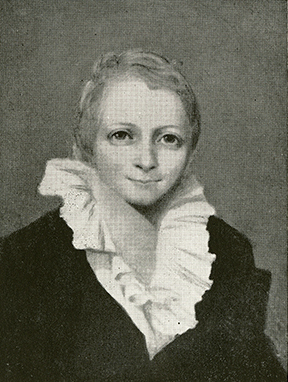21 Mar. 1799–2 Nov. 1878

Hugh Waddell, lawyer and legislator, was born at his father's plantation, Newfield, in Bladen County. He was the son of John W. and Sarah Nash Waddell and the grandson of General Hugh Waddell, colonial military officer and hero of the War of the Regulators, and of General Francis Nash, who was killed in the Battle of German-town, Pa., in October 1777. Waddell was graduated in 1818 from The University of North Carolina, where he was a classmate of James K. Polk, who became the eleventh president of the United States.
Waddell planned to study medicine, but his interests changed and he read law instead. In 1823 he began to practice in Hillsborough and Orange County, where he quickly gained an excellent reputation in his profession. Elected to the House of Commons from Orange County, he served in the 1828–29 and 1835 sessions. From there he was sent to the state senate for the sessions of 1836–37, 1840–41, 1844–45, 1846–47, and 1848. In 1836 he was president of the senate. At that time there was no office of lieutenant governor, and the senate president acted in that capacity. In politics he was a Whig.
In 1842 in Hillsborough Waddell opened a school to prepare young men for the bar. He maintained his law practice in Hillsborough until 1867, when he went to live with his son Alfred in Wilmington. He died there, and his funeral was held at St. James's Episcopal Church.
Waddell married Susan Moore, the daughter of Alfred Moore, in 1824. They had four sons and one daughter: Hugh; Cameron; Douglas; Alfred Moore, who was also a well-known lawyer and congressman; and Maria, who died in New York City on March 5, 1853 at age 21 and was at the time married to John C. Badham. Maria Waddell attended the Burwell School in Hillsborough. Following her death, Badham later became a member of the North Carolina General Assembly and was a delegate to the North Carolina secession convention. He died at the Battle of Williamsburg (Virginia) on May 5, 1862.
A man of much charm and ability, Hugh Waddell was esteemed by his peers. He was described by one of his contemporaries as "an admirable specimen of refined manners, unrivalled address, and a nice sense of humor" and by another as "an excellent debator and speaker, and a jurist of much renown."